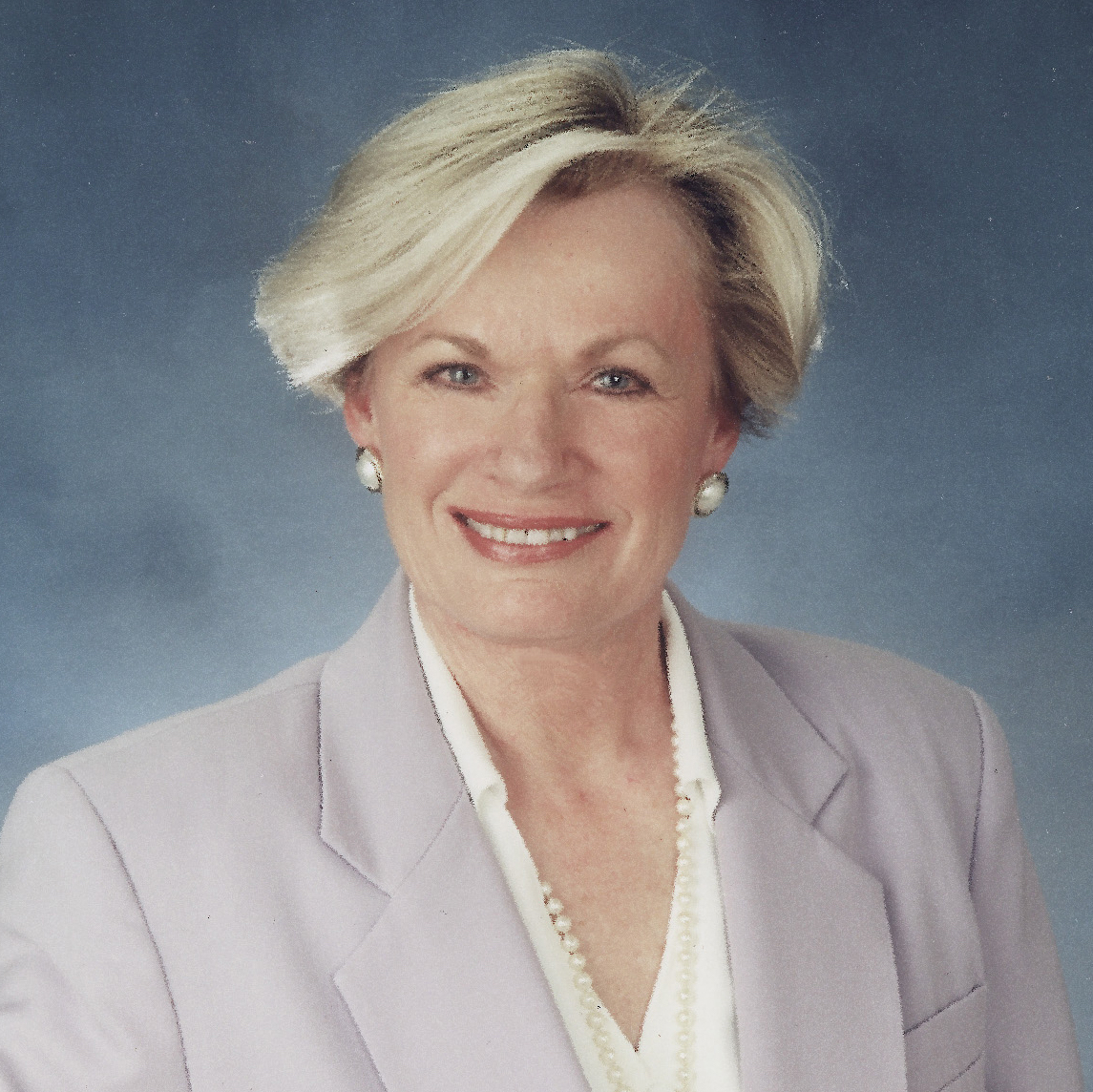1980 to 1982 – Council of Collegiate Women Athletic Administrators
In the early years, the CCWAA’s primary focus was to “build this organization to meet the needs of a growing profession and to provide an opportunity for women in athletic administration to enhance their professional relationships … and to provide a forum for discussion on those issues and concerns which affect and influence collegiate athletic programs” (CCWAA Articles of Organization).
The membership of CCWAA grew slowly, and the organization held its first annual meeting in Denver, Colorado, on November 17, 1980 to offer a platform for women to discuss issues related to women’s athletic programs. The second CCWAA annual meeting was held in October of 1981 as the group engaged in discussions surrounding the changes in NCAA legislation, the AIAW Delegate Assembly, and offered a management seminar. Under the direction of Barbara Hedges and the 1981-82 Board, the following CCWAA committees were established: Nominating Committee, Legislative Committee, Academic Standards Committee, Publicity Membership Committee, Articles of Organization Committee, and the Professional Direction Committee.
In 1981, after much debate and against the will of the members of the AIAW, the NCAA membership voted to offer women’s championships. During the debate, former AIAW President Christine Grant gave a passionate and courageous speech in opposition of the outcome (see transcript). In 1981-82 both NCAA and AIAW championships were held, but after the AIAW lost an antitrust lawsuit in 1982, the AIAW closed its doors. The CCWAA continued to grow, positioning it as the primary organization for women administrators in collegiate athletics.
CCWAA Board Members 1980-82
Barbara Hedges, Chair, University of Southern California
Phyllis Bailey, Ohio State University
Jean Cerra, University of Missouri
June Davis, University of Nebraska
Kay Don, Texas A&M
Della Durant, Penn State University
Linda Estes, University of New Mexico
Mary Hill, San Diego State University
Judith Holland, University of California, Los Angeles
Mary Roby, University of Arizona
Pamela Strathairn, Stanford University

Barbara Hedges
University of Southern California
CCWAA President: 1980 - 1982
Hedges was the first woman to be named director of athletics for a NCAA DI program in a major conference, and at the time of her retirement was the longest serving woman athletic director among NCAA Division I programs in the nation. Furthermore, Hedges was the first female president of the National Association of Collegiate Directors of Athletics (NACDA) and the first female member of the board of directors of the National Football Foundation. She had an 18-year career at the University of Southern California before being named the first woman Athletic Director at the University of Washington.
Barbara Hedges, Chair, University of Southern California
Phyllis Bailey, Ohio State University
Jean Cerra, University of Missouri
June Davis, University of Nebraska
Kay Don, Texas A&M
Della Durant, Penn State University
Linda Estes, University of New Mexico
Mary Hill, San Diego State University
Judith Holland, University of California, Los Angeles
Mary Roby, University of Arizona
Pamela Strathairn, Stanford University
Barbara Hedges, Chair, University of Southern California
Phyllis Bailey, Ohio State University
Jean Cerra, University of Missouri
June Davis, University of Nebraska
Kay Don, Texas A&M
Della Durant, Penn State University
Linda Estes, University of New Mexico
Mary Hill, San Diego State University
Judith Holland, University of California, Los Angeles
Mary Roby, University of Arizona
Pamela Strathairn, Stanford University
World News

Sandra Day O’Connor was the first woman appointed to the United States Supreme Court. Nominated by President Ronald Reagan in 1981, O’Connor was known for her dispassionate and meticulously researched opinion and earned a solid reputation for being firm but just.
After earning a law degree from Stanford in 1952, opportunities for female lawyers were very limited and O’Connor struggled to find employment. O’Connor moved overseas to serve as a civilian attorney in Germany before returning to the US where she opened a law office, took an active role in politics, served two terms on the Arizona state senate and as a Superior Court judge, and was appointed to the Arizona Court of Appeals. Finally, on September 25, 1981, O’Connor became the first woman to serve as a justice in the 191-year history of the Supreme court. O’Connor served an honorable 24 years on the nation’s highest court.
Additional news in 1981:
Lady Diana Spencer broke with tradition and refused the vow to “obey” her husband, Prince Charles, on their wedding day.
